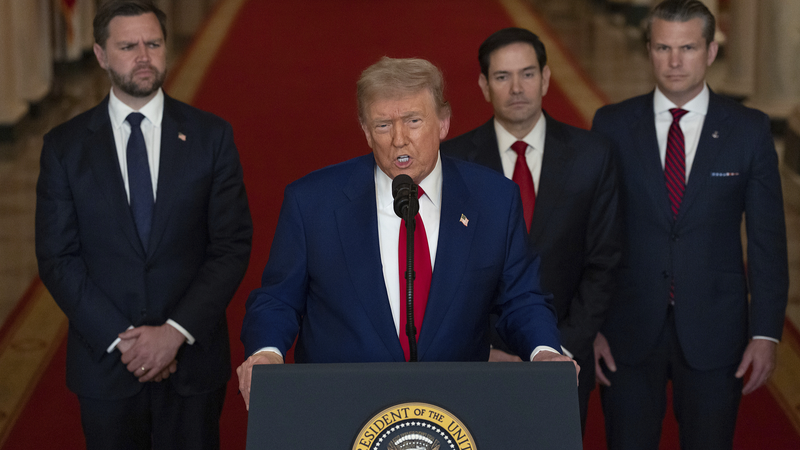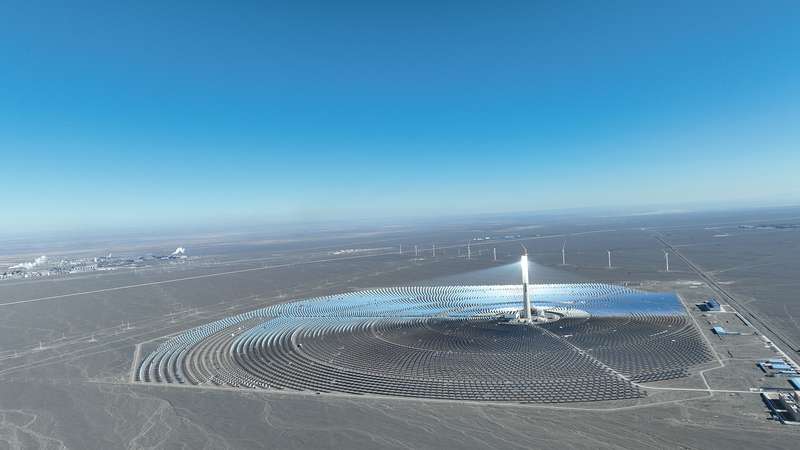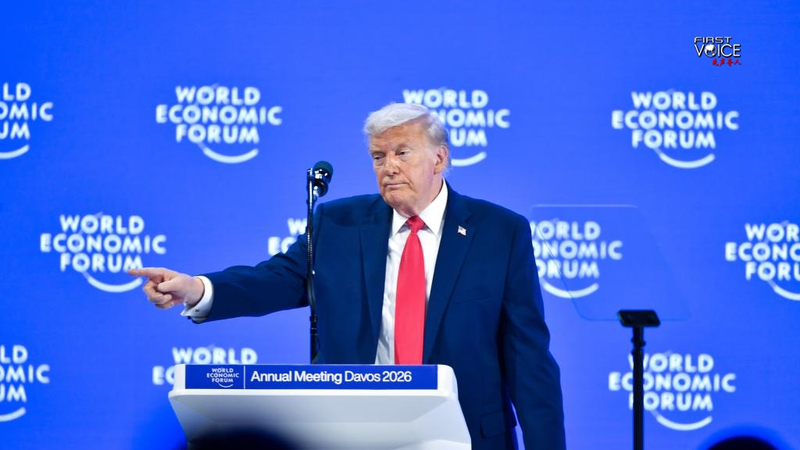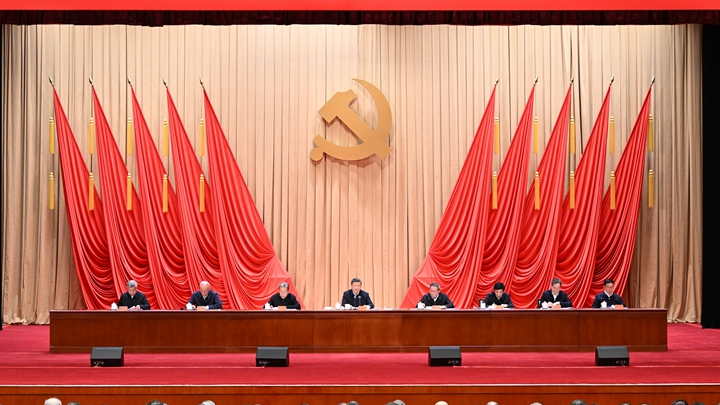The Middle East is on edge as news emerges of escalating tensions between Israel and Iran, with the U.S. entering the fray. This dramatic development, now in its second week, is turning heads worldwide. ⚡️
On Saturday, U.S. President Donald Trump announced on national television that American forces had struck three major Iranian nuclear sites, hailing the move as a "spectacular military success." This bold action underscores the deep complexities of the conflict.
Reactions are mixed across the region. In parts of the Arab world, many criticize America’s strong backing of Israel’s Netanyahu government, arguing that earlier provocations led to the spark of this confrontation. Some even suggest that the U.S. involvement is part of a broader strategy to influence political shifts in Iran, reminiscent of past actions in Syria, Libya, and Iraq.
Despite the recent strikes, experts point out that Iran’s scientific and educational advancements remain robust. With a population of around 90 million, Iran continues to be a hub of innovation and resilience.
This escalation further complicates diplomatic efforts to resolve the Iranian nuclear issue. Earlier in 2023, China brokered a reconciliation between Iran and Saudi Arabia—a move that raised concerns in Washington and Tel Aviv—and now the unfolding hostilities could push the region toward a broader conflict.
For young, tech-savvy readers whose lives move at the speed of digital updates, these rapid shifts in global dynamics serve as a reminder of how interconnected our world has become. Stay tuned as the situation continues to evolve and reshape international relations! 🌍
Reference(s):
cgtn.com




